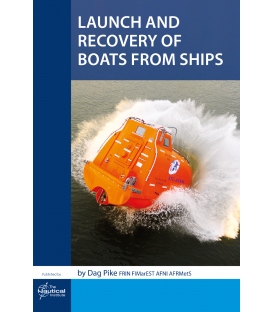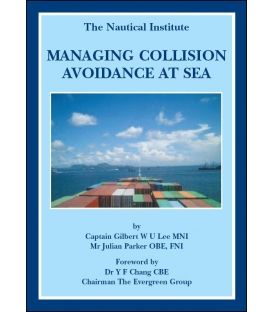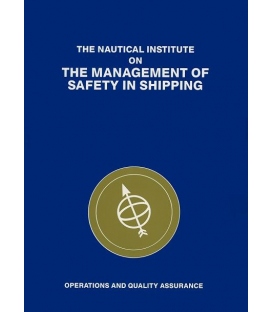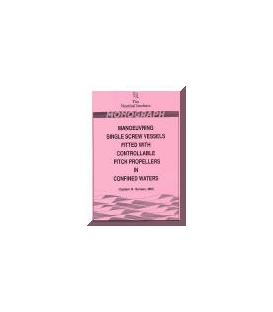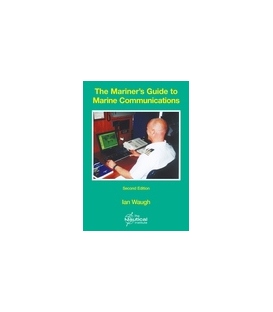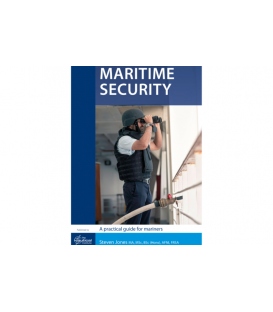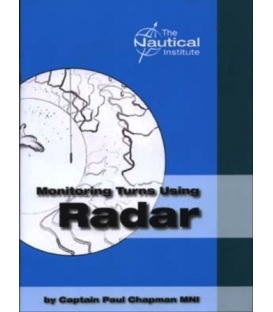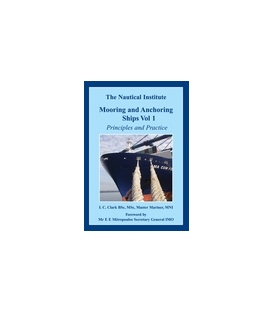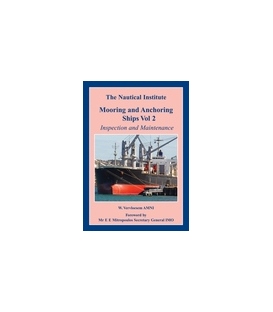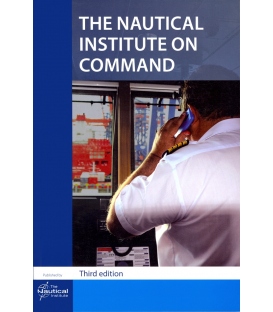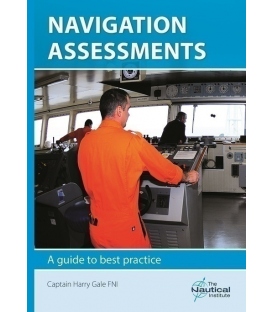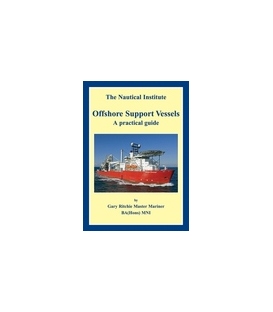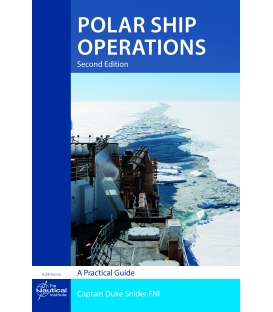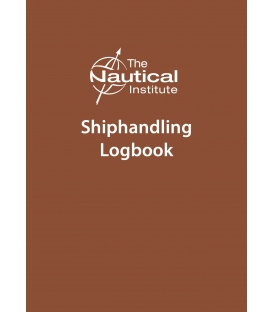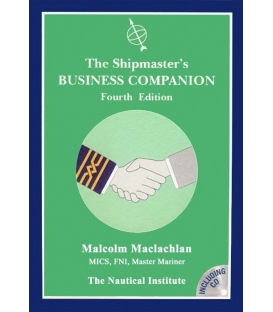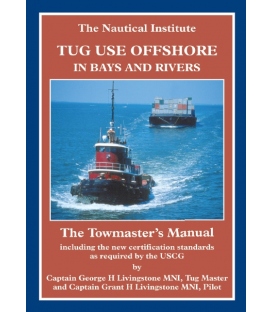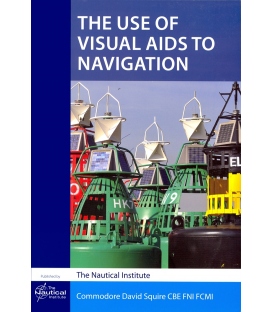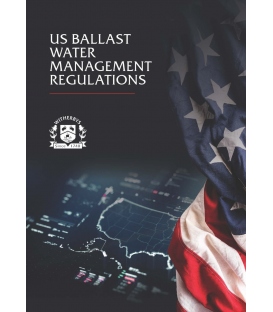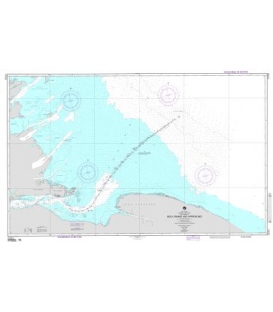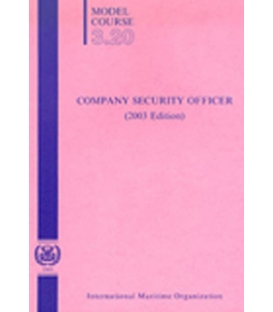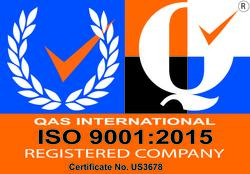

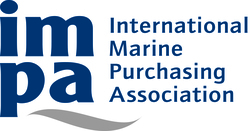
Sign up for our Newsletter
The Mariner's Role In Collecting Evidence, 3rd Ed., 2006
***Discontinued and replaced by Guidelines for Collecting Maritime Evidence (1st, 2017) & The Mariner's Role in Collecting Evidence Handbook (1st, 2010) NIGCME
Mariners Role in Collecting Evidence, 3rd Ed., 2006
Dr Phil ANDERSON, D Prof BA(Hons) FNI Master Mariner The reason for introducing a major revision to this essential loss prevention guide is the impact of the ISM Code. Although not directly concerned with commercial loss or damage, the Code requires companies to have in place a comprehensive safety management system (SMS). If the SMS is effective, accidents should be reduced and consequently there should be less injuries and damage. Taking pollution as an example the author argues that detailed records and good procedures are the best defense that mariners can have to the threat of criminal prosecution. The consequences of a pollution incident can be severe and mariners need to know, what evidence to collect, who to contact, what to do and how best to protect liability. In the foreword to the second edition Captain Eric Beetham President of The Nautical Institute at that time wrote “The industry expects that when claims are made they will be settled on the basis of the evidence presented. The need to provide this evidence is part of the mariner’s professional role”. In the foreword to this third edition The Right Honourable Sir Anthony Clarke, Master of the Rolls writes “The essential truths remain… the role of the mariner, especially the master, in preserving evidence and making careful contemporary records is as important now as it has ever been”. This new edition is laid out in a practical way. There is a general introduction. Thereafter each main subject has a chapter to itself. This enables the reader to find all the relevant information according to the type of incident. Part A provides general guidance to the subject of collecting evidence and examines: the nature of evidence, why it needs to be collected, sources, contemporaneous and recorded evidence. There is valuable information on how evidence is likely to be used in criminal and civil actions; also the book is extended in scope to cover evidence that will be collected by authorities following a major incident and how records need to be maintained for inspection and audit. The duty of discovery and the doctrine of privilege are explained, similarly there is practical advice on the correct way to take statements, deal with the media and give evidence in court. Part B covers the type of evidence which is required to support or defend a claim and is divided into five sections covering: Cargo related incidents (cargo damage, general average, salvage, commercial disputes), Ship related incidents (collision, grounding, contacts, fire and explosion), People related incidents (injury, illness, employment, stowaways, refugees and pirates), Environmental related incidents (oil pollution, cargo, bunkers, noxious substances, sewage, garbage and air pollution) and finally Commercial/operational incidents (under performance and over consumption claims, bunker quality, unsafe berths and ports). The book is supported by comprehensive annexes covering IMO standards for investigation. The defining character of this new edition is the way information collected to comply with the ISM Code tips the balance in the way evidence is acquired and used. The text is well illustrated by illuminating case histories and this augmented publication needs to replace the earlier version on board as it contains many new liabilities which did not exist previously. The Mariners Role in Collecting Evidence (Handbook) Without careful evidence gathering defense of claims and criminal charges can prove very difficult and the successful outcome of cases will depend on the quality of evidence collected by the vessel’s company at the time of the incident. This handbook with its checklists and easy explanations will combine with the main book. The Mariner’s Role in Collecting Evidence ? in the Light of ISM by Dr Phil Anderson DProf FNI. Together they constitute one of the most influential loss prevention guides in the shipping industry. INCLUDES: •Suggested evidence lists •Collecting and preserving factual evidence •Evidence required for most incidents •Evidence for incidents involving people •Evidence for incidents involving cargo •Evidence for incidents caused by the ship •Evidence for hull and machinery incidents •Evidence for commercial disputes ISBN:

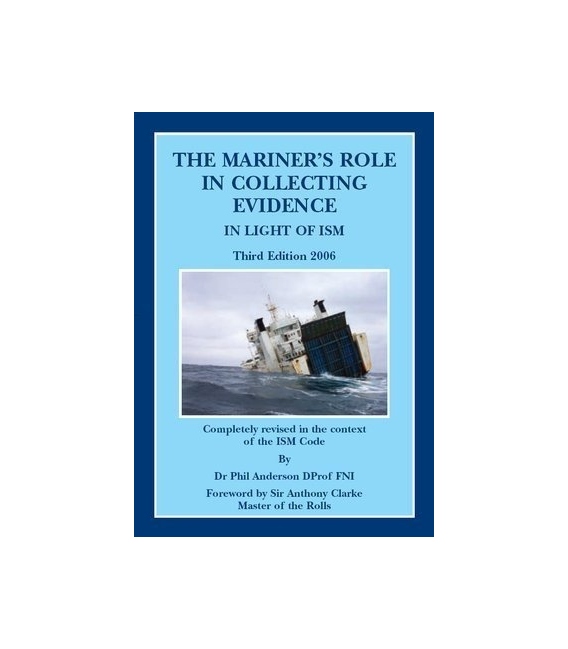


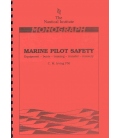
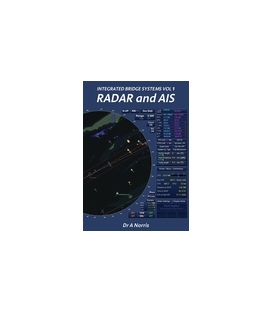
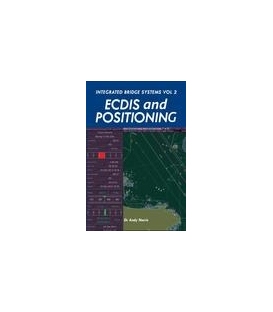
![Integrated Bridge Systems Vol 1 & 2 - Set [Radar & AIS (2008) & ECDIS & Positioning (2010)]](https://mdnautical.com/37997-home_default/integrated-bridge-systems-vol-1-2-set-radar-ais-2008-ecdis-positioning-2010-.jpg)
